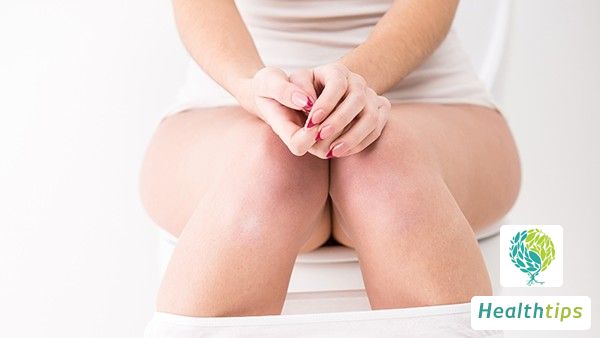Appropriate exercise can increase sweating, promote metabolism of the body, help to discharge toxins from the body to a certain extent, and is beneficial to the prevention of uremia. However, whether it can prevent uremia needs to be judged based on the causes of uremia. If it is due to physiological reasons, it can generally be prevented. If it is due to pathological reasons, it cannot be prevented.

1. Physiological reasons: If it is due to work-related reasons, a large amount of exercise is performed in a short period of time, resulting in a large amount of sweating and less water intake, which can lead to transient kidney perfusion insufficiency and functional kidney injury. Generally, proper exercise can improve kidney blood flow supply, thereby achieving the effect of preventing uremia. In addition, pay attention to drinking plenty of water and maintaining sufficient sleep in daily life.
2. Obstructive nephropathy: If the patient has a basic disease of obstructive nephropathy, such as urinary calculi, tumors, etc., which causes the kidneys to be in a state of congestion, ischemia, and hypoxia for a long time. If vigorous exercise is performed at this time, it may aggravate kidney congestion and hypoxia, and may lead to uremia in severe cases. Therefore, it is not recommended for patients with obstructive nephropathy to perform vigorous exercise. They should warm up before exercise and ensure adequate water intake.
3. Primary glomerulonephritis: If the patient has primary glomerulonephritis and the condition is severe, it can lead to glomerulosclerosis, necrosis, and damage to kidney function. Exercise at this time cannot prevent uremia. It is recommended that patients actively cooperate with doctors to treat the primary disease and avoid worsening of the condition.
4. Hypertensive nephropathy: If the patient has mild hypertension but fails to control it in time, leading to kidney function damage, exercise at this time cannot prevent uremia. It is recommended that patients control their blood pressure within a stable range and avoid vigorous exercise.
Exercise can increase sweating, accelerate the metabolism of the body, and help discharge toxins from the body, which is beneficial to physical health.

